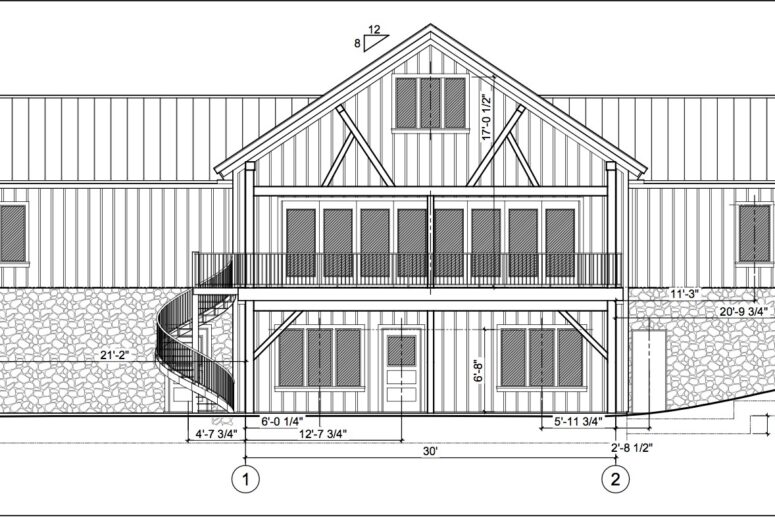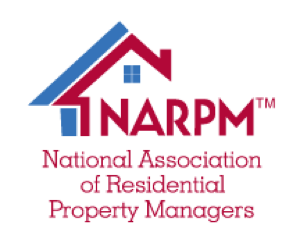In the Army we had a saying, “Hurry up and wait.”
Many times you have to do things quickly, only to find yourself waiting around until you get orders to do another thing quickly. That’s how building a home can be.
If you want to move in to your home by a certain date, you’ll probably have a timeline and want to do everything you can to submit the proper paperwork or make the proper decision so nobody is waiting on you and the process is moving forward. However, you’ll also find that there will be many moments where you’ve already done everything you can and you’re just waiting around for somebody to get back with you.
In our case, we spent many weeks and months waiting for Fairfax County to give us the approval for our septic system.
So this is the best time to pursue the next step:
Step 7: Interviewing Builders
I ended up calling over 20 different builders in and around the Fairfax County area and created a spreadsheet to help me track all of the different questions I had. I also tracked who I called and who actually called me back! I think it’s a big “red flag” if a builder doesn’t return their phone call and you haven’t even hired them yet. I want a builder who will be responsive and organized enough to return a voicemail and/or email in a timely manner. Some of the questions I had were:
How long have you been in business?
How many homes do you build/year?
Do you have experience building in Fairfax County?
What is the average $/sf of a home that you build?
The last question was pretty interesting. If you ask a builder what their average cost per square foot of a home that they build, they’ll usually try to avoid the question. They’ll say something like, “Well, it’s like asking me how much it costs to build a car. There are too many variables to answer that question.” That’s a cop out answer. All I’m trying to do is get an idea for the price they typically charge for a home so I’m not wasting their time or mine. It’s simple math. Take the price of the home and divide it by the size! A better way to ask them would be:
What was the price range of homes you built last year? What was the size range?
And then you can just do the math yourself to help you determine which builders will be in your price range.
You can also ask questions specific to your project. For example, it was important for me to find a builder who had experience building with a timber frame and with Structural Insulated Panels (SIPs). So I also asked builders if they have ever built a timber frame home with SIPs. This is the question that really helped narrow the field for me. Finding out about a builder’s experience and knowledge for sustainability was also important to me. So I would also ask open-ended questions about their experience with sustainable methods of construction such as passive solar design, geothermal and other energy saving ideas.
Once you call several builders, you’ll get a good sense of the ones you want to meet with and can rule out many of them that didn’t meet your criteria (or didn’t call you back!). When Autumn and I met with the builders, we would also ask for a list of references and try to visit a home that they were currently working on to get a better sense of their work. A good builder would always leave us with some bit of information that helped us to refine our vision for this project. You should learn a ton during this process so be prepared to have an open mind.
This can be a very educational step, but also frustrating at times. Sometimes you’ll feel like you’re given conflicting information from different builders. For example, we wanted to use SIP panels instead of typical stick-frame/insulation construction. Both forms of construction have their advantages and disadvantages and the builders you talk to will surely have an opinion on it. Hearing different opinions from the builders challenged our assumptions, but it also helped us to make a decision that we felt was logically thought through.
Sometimes there is no “right” answer and builders, no matter how much experience they have, won’t know the right answer for your family. Builders and designers should not be the ones driving this project. You should. It’s your money. You’ll get many different opinions and ultimately you will need to make sure your team: real estate professional, builder, designer, etc. respects your vision and encourages you to make the decisions that you feel are best for your family.
~Your Favorite HOMEboy,
Edward














